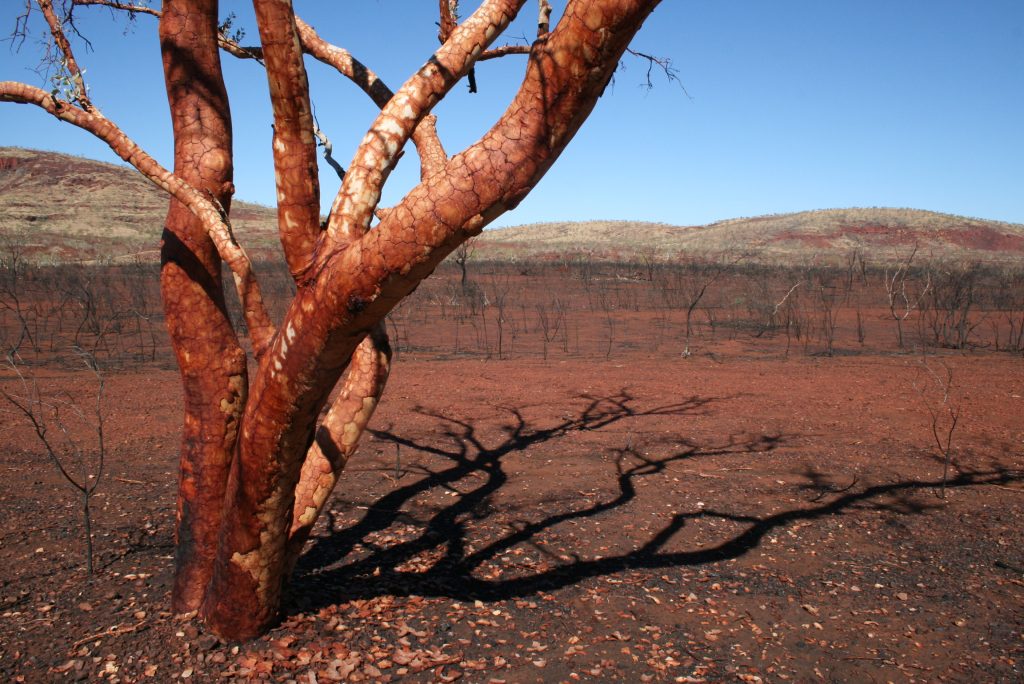
Large parts of Australia look like the above photo, beautiful in a rugged way, but quite useless for the survival of many of Australia species. Australia has a wide range of habitats, which means that there are many areas which need to be protected.
The problem is, according to this study, declaring an area protected appears to be having little change on what is happened.
1/3 of all land that is set aside for restoration and conservation, has got worse rather than better. Given the fact that so many species are just hanging on to existence, this could be very bad news.
In one area that was studied, the majority of the area was cleared paddock – a serious problem for the koala and grey-headed flying fox which called the area home.
In particular, the idea of this scheme is so called biodiversity offsetting – if you are to clear wildlife habitat, you protect a similar sized area elsewhere.
Continue reading “Analysis has found that 1/3 of land set aside for restoration is worse than before in Australia”










